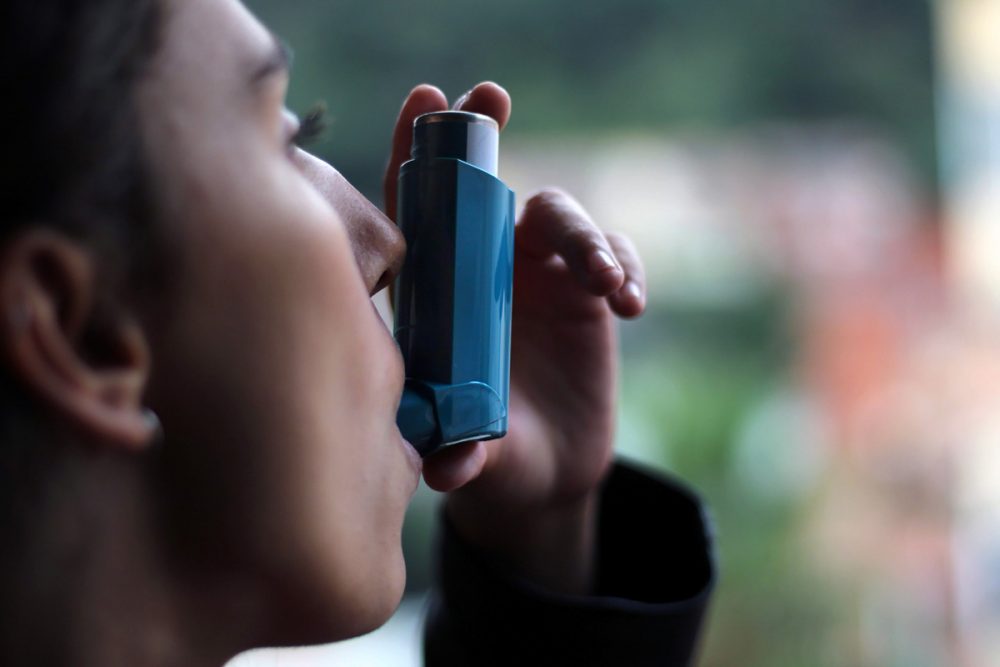Advertisment
Asthma patients in UK overuse SABA inhalers, endangering health

Many asthma patients in the UK overuse SABA (short-acting beta-agonist) inhalers, endangering their health, researchers reported on June 15, 2022 in the British Journal of General Practice.
Dr. Anna De Simoni, lead author, GP and Clinical Lecturer in Primary Care at Queen Mary University of London, said, “There is still significant room for improvement — we calculated that supporting patients who use more than 12 SABA inhalers per year to reduce their use to 4-12 could result in 70% fewer asthma-related hospital admissions in that group.
The first line of treatment is regular use of a corticosteroid inhaler, which prevents symptoms from developing. The second line of treatment are SABA inhalers, which act quickly and reactively to relieve symptoms.
The authors noted, “Excess prescription and use of short-acting beta-agonist (SABA) inhalers is associated with poor asthma control and increased risk of hospital admission.” The aim of this new study was to, “quantify the prevalence, and identify the predictors of SABA overprescribing.”
The investigators extracted and analyzed primary care medical record data from February 2020 for patients with asthma aged 5 – 80 years.
Among the study population of 30,694 subjects, 26% were prescribed ≥6 SABA inhalers in the previous year. Prescribing varied significantly between GP practices. Some overprescribed to 6% of their patients, and some overprescribed to 60%.
They found a strong link between overprescribing of SABA inhalers and repeat dispensing, where prescriptions are issued automatically.
The researchers also found that 25% of those taking ≥6 SABA/year were underusing first-line ICS (corticosteroid inhaler) prophylactic treatment.
Dr, Paul Pfeffer, co-author and Consultant Respiratory Physician with special interest in asthma at Barts Health NHS Trust in London, said, “There is an ongoing major burden of inappropriate and dangerous rescue inhaler overuse in asthma, and our paper highlights the complexity of the problem with multiple reasons patients are over-prescribed SABA inhalers. The findings are a call for more detailed research into interventions to reduce inappropriate SABA overuse in different patient groups.”





